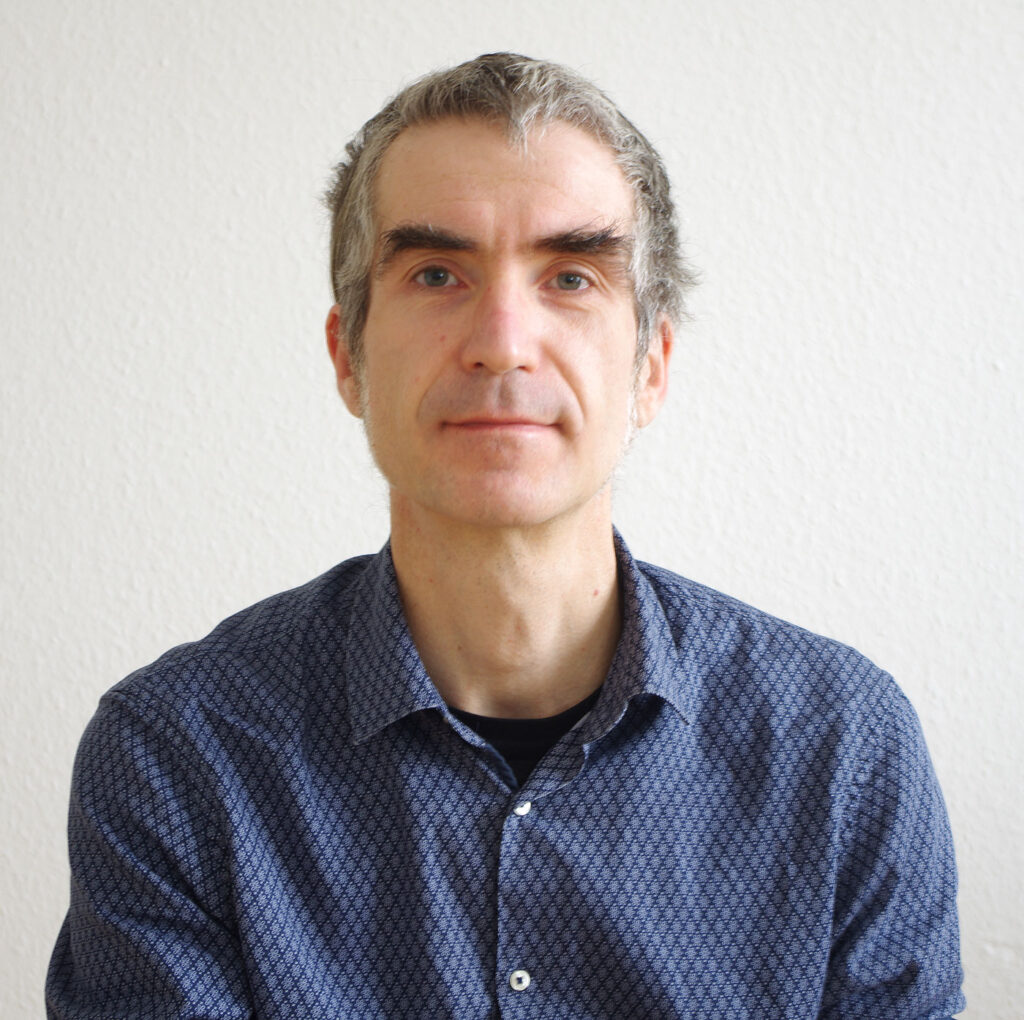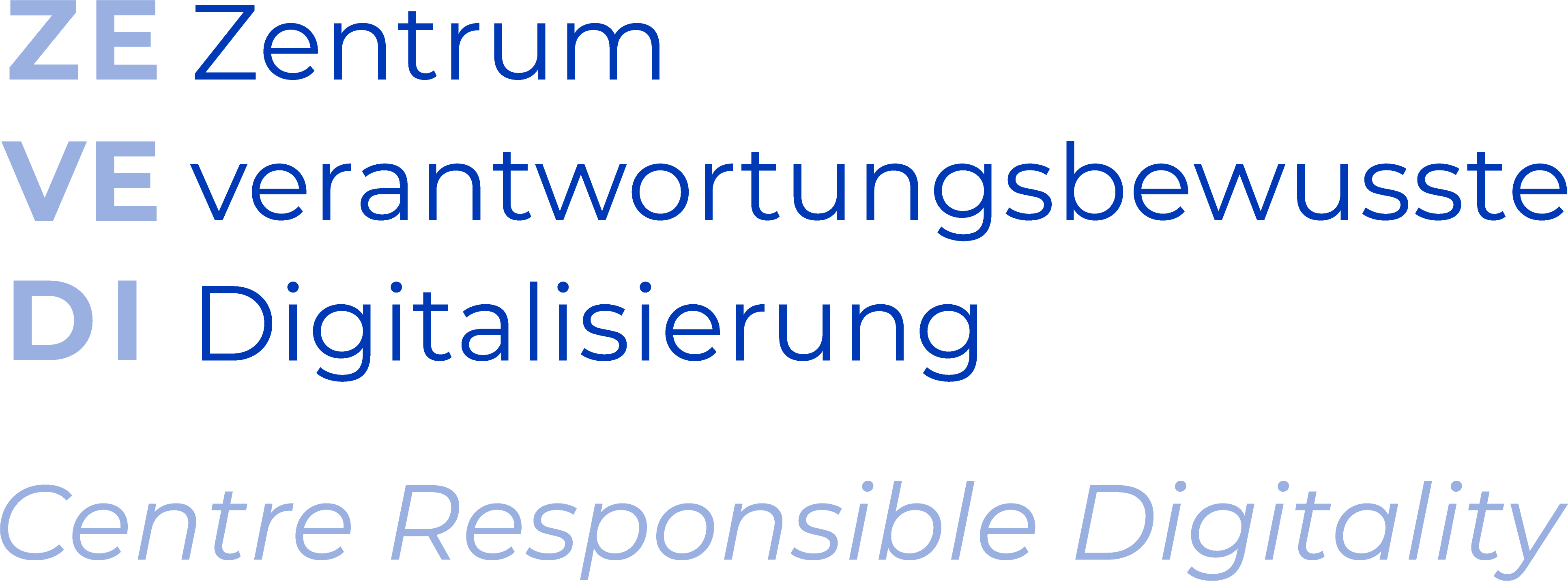Mercator-Journalist in Residence, November / December 2022

Martin Karcher is a freelance illustrator, graphic designer and graphic novelist. With a dual degree in communication design from both the FH Konstanz and the Kunsthochschule Berlin-Weißensee, he has worked as a freelancer at several agencies in Berlin. He has shown his work in exhibitions throughout Germany and Denmark. Martin Karcher» lives and works in Leipzig.
Project Proposal
During his residency, Martin Karcher has been working on a graphic novel on the topic of “digital payment” for an audience of teenagers and young adults aged 16 and older. He explored the utopias and dystopias associated with the digitalization of the financial sector, especially digital payment.
The Residency – Input and Effects
■ Video of the Visit and Talk with Students of the Bertolt Brecht School und Video Portrait by Rainer Lind», 14 Dezember, 2022, Darmstadt (in German only)
■ Short Exhibition „The BitBlockKryptoComic – A Making-Of“», 16 Dezember 2022, Darmstadt
■ efin-Blog Article „A Graphic Novel about the Utopia(s) of Digital Payment”», 24 April 2023, by Laura Grosser (in German only)
■ Interview about the eFin & Democracy Project and the BitBlockKryptoComic with Martin Karcher und Caroline Marburger: „Digitales Geld – Desinteresse hilft uns auch nicht weiter”», AufRuhr-Magazin, 18 July 2023 (in German only)
Martin Karcher about his time at ZEVEDI
“How can you showcase abstract, complex, technical topics in a visually appealing and entertaining way? As a comic artist, I find that anything can be depicted in a comic or graphic novel. It is a very diverse medium, it combines the aesthetics and expressiveness of a single drawing with the dramaturgical possibilities of a film or a play. In a comic, the moving image becomes a still, permanent series of images which can be read or “looked up” repreatedly. I therefore find it ideal for conveying more complicated content.
During my time at ZEVEDI, I asked myself what impact the digitalisation of money could have on our everyday life, on our society, on our democracy in the future. My goal was to turn this question into a comic that could sensitise teenagers and young adults to the topic in an entertaining way. In addition to the development of the storyline, this also resulted in sketches for a 10-page comic, all shown in a “making-of” exhibition at the Kunstforum of the TU Darmstadt. I also held a introductory course on how to create and draw a graphic novel for students of the Bertolt-Brecht-Schule.”
Further information on the programme and application procedure can be found on the German language website».

